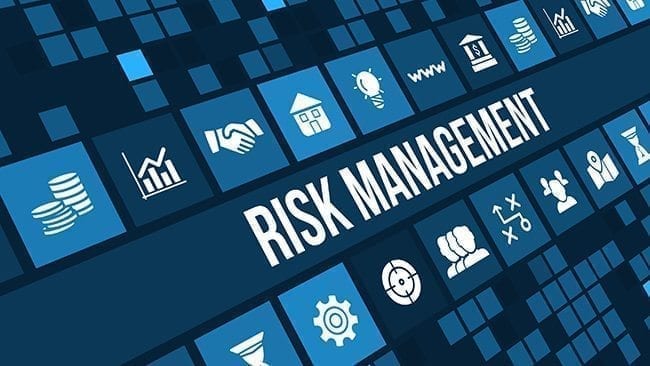Frameworks for Risk Management
Introduction
There are different disasters that organisations face, some
of which they can’t prevent or block, such disasters vary from economical to
political, as they go beyond the organisation itself but are rather macro environment.
While some risk disasters may be prevented, they need to be supplemented by
different Information and Knowledge management tools.

Information
management as a form or reducing risk disasters
The Information and Knowledge management have become an
important part of our life’s, as they provide us with ways in which we can
manage and control risk. It provides decision makers with the correct knowledge
to make informed decision. These risks may differ, one of them being disasters.
Information and knowledge have a positive impact in terms of reducing disaster from
occurring within any organisation. Information and knowledge provide us with
the necessary knowledge to avoid any disasters from occurring by classifying it
as a treat.

Knowledge risk management
Knowledge risk management is essential in terms of providing
us with solutions that are related to conventional risk management. Knowledge provides
individuals with an advantage of what to expect in terms of any risk that may
occur, thus making risk learnable which will lead to the capture of the
knowledge, which can be used in terms of reducing risk that may occur in the
form of disaster. Knowledge increases the objectivity of an individual by means
of training them on how to process the risk.

Knowledge management continued
Knowledge Management is another tool which has proven handy
in terms of reduction of risks that may lead to disasters in firms and individuals.
It provides individuals the ability of distributing credible information or
data that they may use as a form of decreasing any risks of disasters, it grants
organisations with strategies and ways in which they can minimize or reduce risks.
This allows organisations to be productive, thus having customer satisfaction
and retention.

FUN FACT 🙂🙂🙂🙂

Comments
Post a Comment